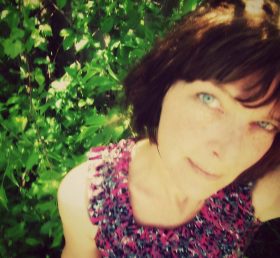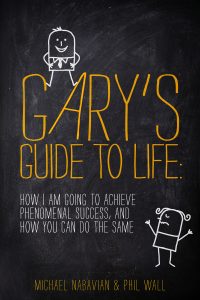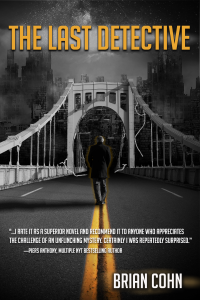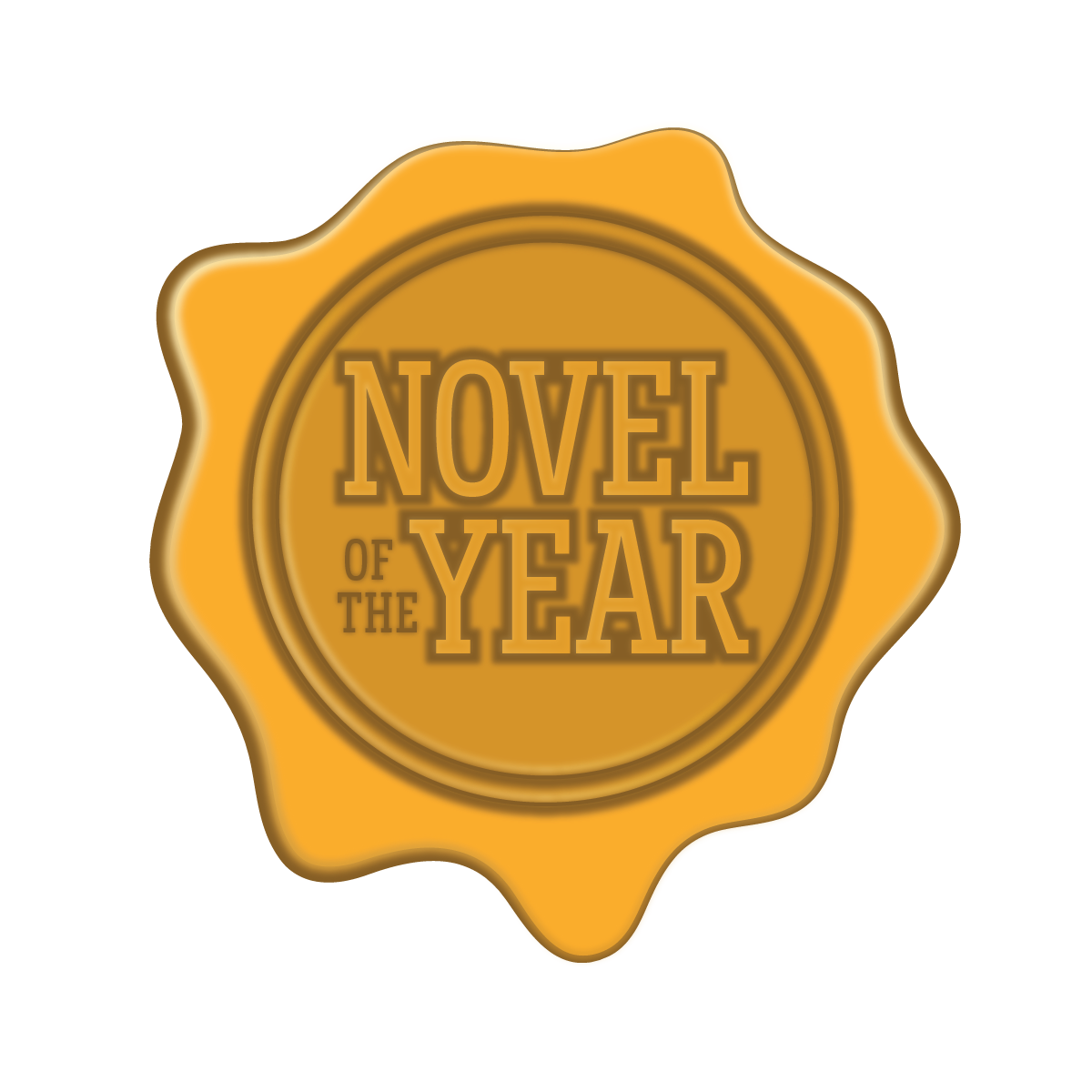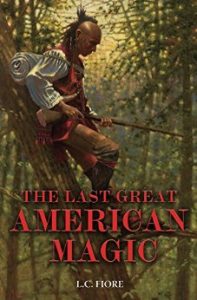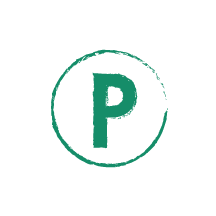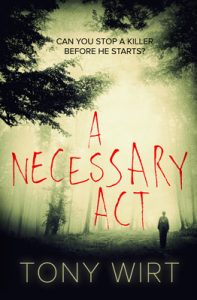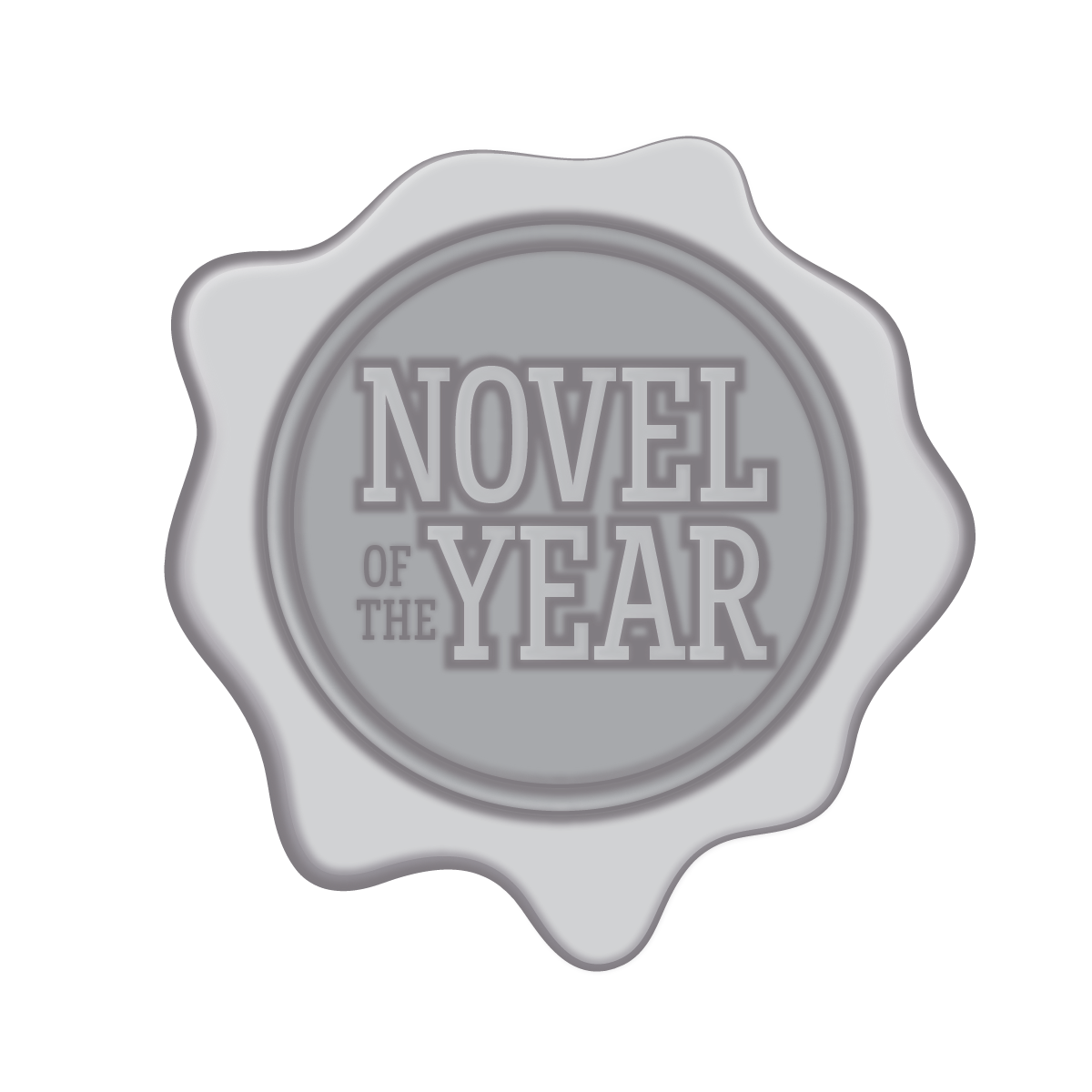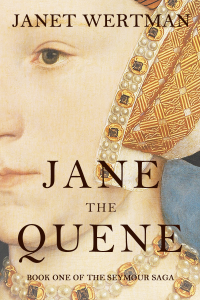The Rundown
The Recommendation
The Rating
The Links
The Reviewer
Renee Miller
Visit Renee Miller‘s website.The #MeToo movement is amazing and I’m shocked every day at the sheer power of its momentum. I say shocked, because women have waited for people to listen, to see, to understand what it’s like to move about this world in the body and mind of “the weaker sex,” I feared it would never happen.
I know I've been silent in the #metoo movement. Haven’t shared my experiences. Haven’t engaged in any conversations. Haven’t shared a single tweet, link, or whatever. Why? I moved past my experiences. I grew stronger, happier, and I don’t want to go back. For me, speaking of it now, after I’ve sorted it in my psyche and left it where it belongs, I feel like I'm giving the people who terrorized/abused/dismissed me power again. Silly, sure, but that’s how I feel about it. I know my story might give someone else the courage to come forward, but it’s MY STORY, and I share it in my own way.
My childhood abuser is dead. My most terrifying adolescent abuser eventually went to jail (on unrelated matters) and I have no idea if he’s even still alive (he was heading down a path with one outcome), and the men who treated me like shit through my adult years aren’t worth mentioning. I choose to use that trauma and pain as fuel for my writing. Whatever I had to sort out in my head has been sorted.
And this knowledge of what it feels like to be victimized, terrified and/or shamed, I think, is part of the reason why we need women in horror, but not the main reason. Not for me. I feel like we need Women in Horror Month, because a lot of people have some serious misconceptions about what women should or shouldn’t write about. I’m not saying this is everyone’s experience. I can only speak for myself, so here goes.
Horror, both films and books, has a bad reputation in terms of its track record for gender equality. Much of it puts the woman in the role of victim, or glorifies the torture of a pretty young thing as a source of pleasure for the viewer/reader. With such a misogynistic taint on its image, why would any woman want to be a horror author anyway?
So many reasons. Let’s start with the desire to change things.
No, not to change what sells, or to stop using women as the victims, or to torture men instead, or to change the definition of horror in any way. Women write the same horror as men, and we love the same things men love about it, but we also have insight into what that pretty young thing is enduring during her torture, which can make such elements deeper and much more terrifying. So, then the viewer/reader isn’t simply watching. They aren’t just entertained.
They’re thinking.
Feeling.
Women also want to be part of horror because it’s fucking cool. I enjoy everything about this genre. I love delving into the taboo and the terrible. I love crafting something so twisted, even I stand back and go, “Whoa. I need help.” And horror is such a vast genre, with a limitless well of stories, characters, situations, settings, etc. that you can go anywhere your imagination takes you, as long as you remember to scare your reader along the way.
It can be romantic, tragic, funny, weird; anything your dark heart desires. Who wouldn’t want to be part of that?
If it’s so great, why am I bitching about it? Well, it’s tough to be a woman writing these awful things, because (in my experience) we’re constantly defending what we write. Sure, men have been criticized as well, but for women it’s different. We’re not just defending what we’ve written. We’re defending our gender. We’re defending our history, our present, and our future. We’re defending our right not to be assaulted (verbally or physically) just because we might write about someone being assaulted.
“You want men to treat you with respect, but you write about a woman getting raped and murdered? Hypocrite.”
“How could you diminish your fellow women like this?”
“Sounds like you want to be raped.”
“Oh, so it’s okay for women to write about this shit, but not men? You girls are never happy.”
I’ve heard/read it all, and the above isn’t even the worst of it. I second guess every scene I write, because I wonder how I’ll defend the decision to write it. I still push forward, mind you, but I’m tired of feeling that way.
Horror is fiction. Characters are pretend. Sometimes, the story calls for unpleasant things to happen. Whether I have a penis or a vagina shouldn’t matter when I’m writing this stuff. I shouldn’t have to defend my decision for including things that are part of our real world, no matter how grotesque and awful, in my stories. My job is to draw the reader in and show them something they may not have considered before, or remind them of something that they’ve experienced, so that they can relate to my characters. You have to go to some dark places to do that.
Male or female, fiction often reflects reality; the good, the bad, and the ugly parts.
Should there be a month where we focus on ONLY female writers in horror? No, there shouldn’t. However, as long as we still have questions like I mentioned earlier, and/or readers/other writers who feel it’s unnecessary or even offensive to celebrate women in horror at all, then we need it.
Women still struggle to be viewed as equals in this and so many areas of everyday life, so until the day comes that someone says “That book/film was amazing,” without adding “And it was written/directed by a woman” or “For a female author/director/actor,” then we need this month. Until we can say “Shit, that was terrifying,” without asking “Why would a woman write something like that?” instead of “Why would ANYONE write something like that?”, we need it.
Until we no longer have readers who say, “I read horror written by a woman once and didn’t like it at all,” to justify never reading a female horror author again, we need Women in Horror Month.
So, thank you, whoever started this, and thank you to all of the readers and authors out there who have celebrated women in horror all year long, because it should be about the genre, not the genitals.
And a special thanks to all of the women who came before me in this industry, enduring far worse so that women like me can be published and celebrated, no matter what we write.

